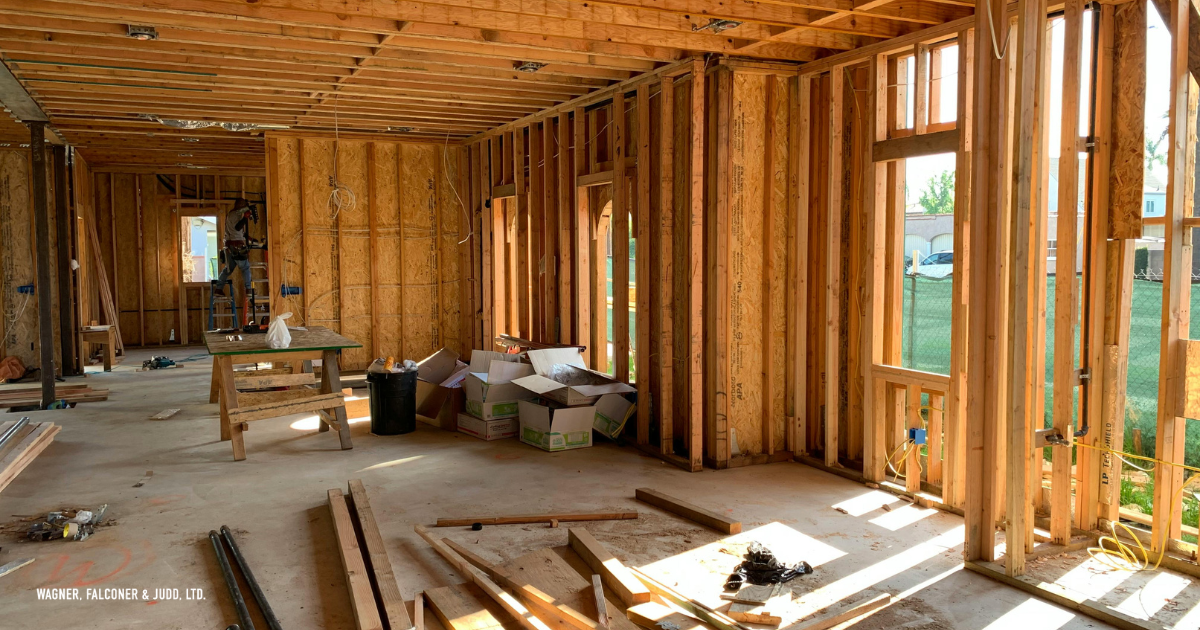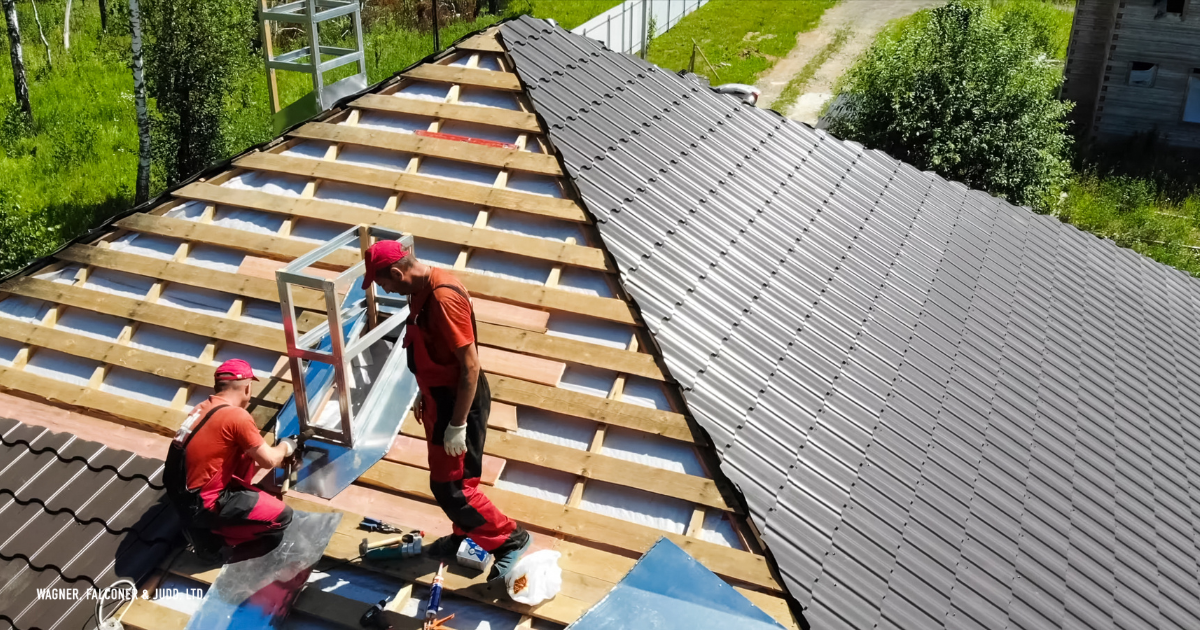Perspectives
Red Flags in Contractor Agreements: 5 Clauses to Make You Pause
When you’re building an addition, remodeling a kitchen, or replacing your roof, the excitement of improving your home can make it tempting to sign a contractor’s agreement without digging into the details. But a poorly written or one-sided contract can lead to costly headaches down the road.
At WFJ, we believe in simplifying the complex-especially when it comes to protecting your investment. Here are five red flags in construction contracts that should give you pause-and how to address them before you sign.
Vague or Missing Scope of Work
If your contract doesn’t clearly spell out what work will be done, including materials, timelines, and deliverables, that’s a problem.
Why it matters: Without a detailed scope, you may end up with misunderstandings about what’s included-or not- and the little legal ground to stand on if the project goes off course.
Ask for: A written, itemized scope of work that outlines the specific tasks, materials (brands or quality if important), and project phases. Ask questions until it’s clear.
No Clear Timeline or Completion Date
Some contracts include phrases like “work will be completed as soon as possible” or don’t list a start or end date at all.
Why it matters: Without firm timelines, you may have little recourse if the project drags on for weeks-or months-longer than expected.
Ask for: A realistic but defined start date, milestones, and estimated completion date, plus what happens if delays occur (and who’s responsible).
Large Upfront Payments
If the contractor asks for a large percentage of the project cost upfront, it’s time to hit pause.
Why it matters: While some upfront payment is normal, anything more than 20-30% can put you in risk if the contractor walks away or fails to deliver.
Ask for: A reasonable deposit and a progress payment schedule tied to completed work stages. Never pay for labor or materials that haven’t been delivered.
One Sided Termination Clauses
Some agreements allow the contractor to cancel the project for almost any reason-while giving you few options to do the same.
Why it matters: If you’re locked in with no exit, you’re vulnerable if the work goes sideways or if the contractor becomes unresponsive.
Ask for: A mutual termination clause that allows either party to cancel under specific conditions, such as breach of contract, non-performance, or failure to pay.
Lack of Warranty or Guarantee Language
If the contract says nothing about workmanship guarantees or product warranties, you’re on shaky ground if problems arise after the job is done.
Why it matters: Verbal promises won’t help you in court if something breaks or fails to meet code two months after completion.
Ask for: Written warranty terms-what’s covered, how long it lasts, and what the contractor will do to fix issues.
Final Tip: Don’t Be Afraid to Negotiate.
Many homeowners assume construction contracts are non-negotiable. They’re not. A good contractor will be open to reasonable edits that protect both parties.
Before you sign, consider having a legal professional review the agreement.
Need help reviewing your contractor agreement?
We’re here to simplify the complex. Reach out to WFJ to protect your home-and your peace of mind.




